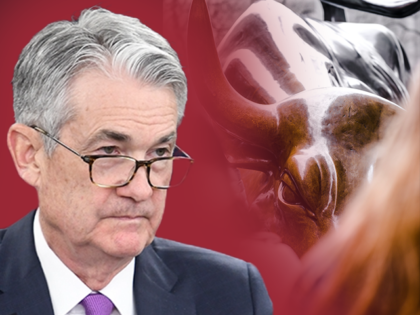Breitbart Business Digest: The Fed’s 50 Basis Point Cut Was a Mistake Under Pressure From Democrats and Wall Street
The Federal Reserve’s 50-basis-point rate cut in September wasn’t just premature—it was driven by political pressures.

The Federal Reserve’s 50-basis-point rate cut in September wasn’t just premature—it was driven by political pressures.

Was there an October surprise in the just-released September jobs numbers? Only if you’re surprised by what’s been happening for decades.
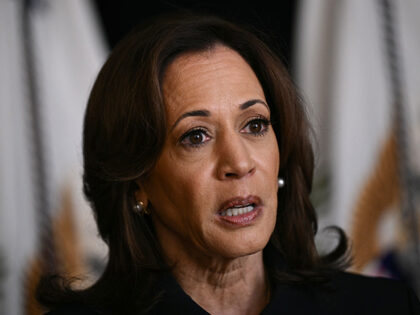
In the fevered imaginations of Trump’s policies, tariffs threaten bring global trade to its knees, provoke retaliatory measures, and hit consumers with higher prices. The ghost of the Smoot-Hawley Tariff Act of 1930 looms large, ready to serve as the ultimate cautionary tale.
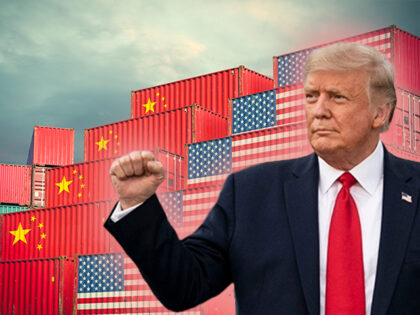
There really should not be much controversy over the idea that a surge in immigration puts upward pressure on home prices.
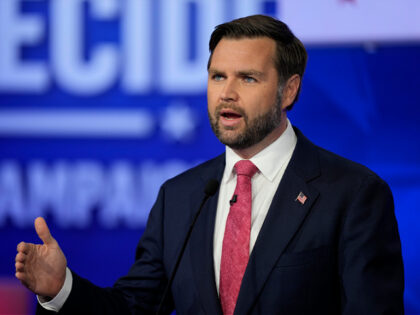
The longshoremen strike that began Tuesday is at its heart a labor protest against the disastrous inflation brought on by the reckless Biden-Harris economic policies.
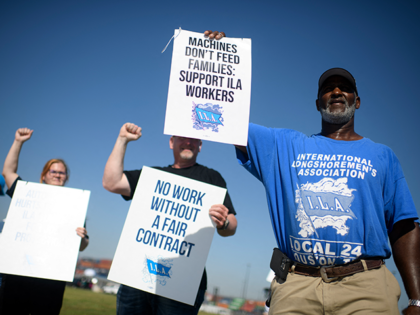
A second Trump presidency is likely to unleash an explosion of economic growth that could surprise financial markets and officials at the Federal Reserve.
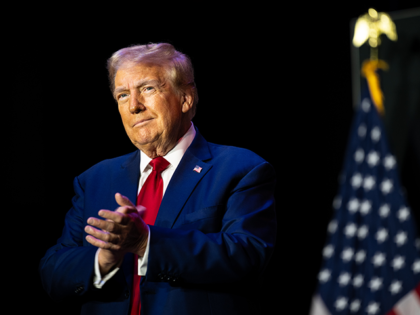
Vice President Kamala Harris attempted to transition her public image from a leftwing progressive to a pragmatic, pro-business candidate this week, deploying a barrage of falsehoods and misleading statements but very little policy detail in a speech at the Economic Club of Pittsburgh.
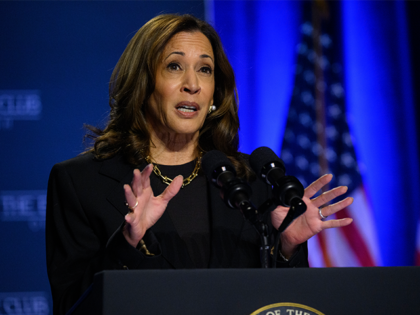
Four years ago, President Joe Biden and Vice President Kamala Harris took control of the White House by campaigning on lies about the state of the economy under Donald Trump.
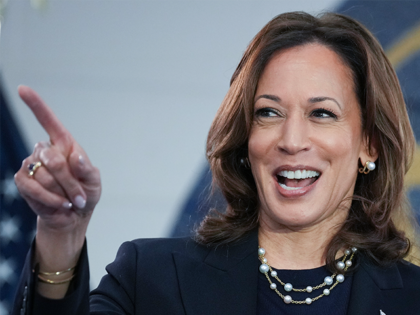
One of the least discussed but most obvious realities of modern trade is that Donald Trump is, in his rough-hewn way, mostly right about tariffs, while the accepted wisdom mouthed by the media, think tanks, and economists for public consumption is, if not wrong, at least incomplete.
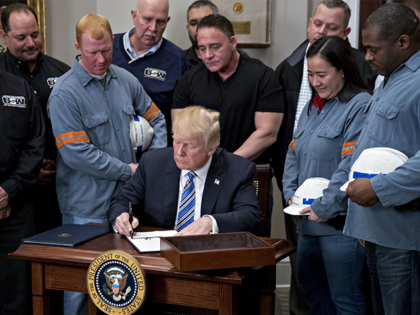
Kamala Harris has re-energized Democratic hopes to win the White House and is gaining ground on economic issues that were Donald Trump’s biggest advantage earlier this year.
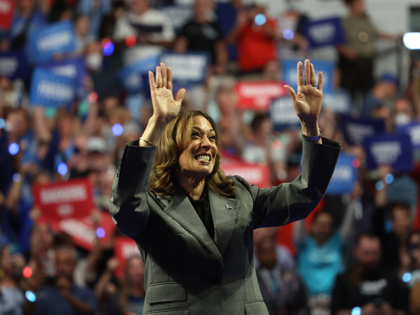
Fed officials now think it will take a higher rate to sustainably achieve two percent inflation.
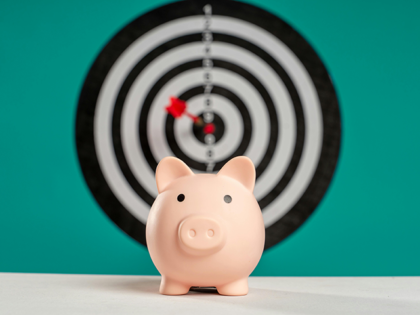
We have discovered something that the supporters of Kamala Harris and Donald Trump agree on: the Federal Reserve’s half-point interest rate cut this week was a political gift to Harris.
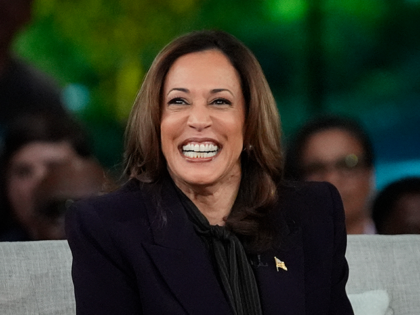
The Federal Reserve’s decision on Wednesday to begin lowering interest rates raises the question of how fast rates should be expected to decline.
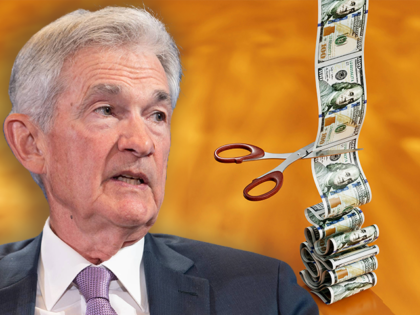
Fed policy is not formally on the ballot in November, but interest rates over the next four years may turn on the results of the election.
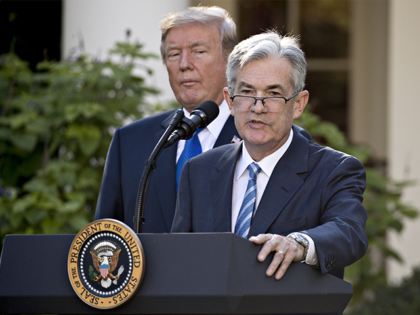
As the Fed prepares to cut rates again, it’s worth remembering that rate cuts are never free, even when they seem like an easy fix. For the market, it’s always fun while it lasts, but the reckoning is rarely far behind.
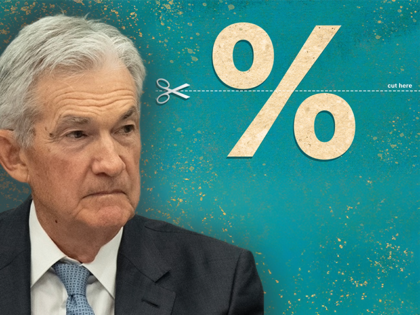
If the Biden-Harris administration’s policies are not hurting the economy, why are prominent Democrats urging the Federal Reserve to announce a super-sized interest rate cut?
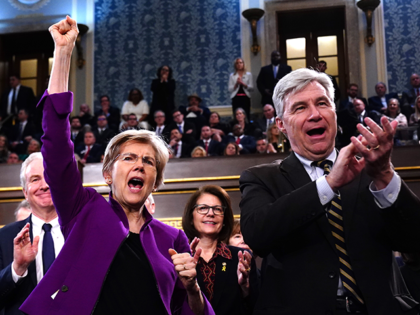
Someone call in the vice principal for student discipline! The market is bullying the Federal Reserve again.
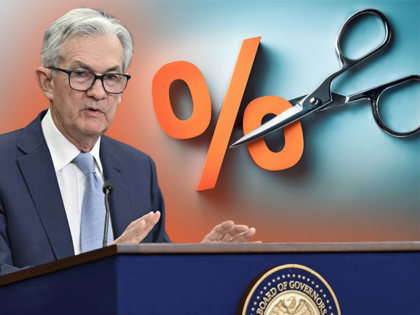
At Tuesday’s debate, Vice President Harris did everything she could to talk around the most important question of this election.
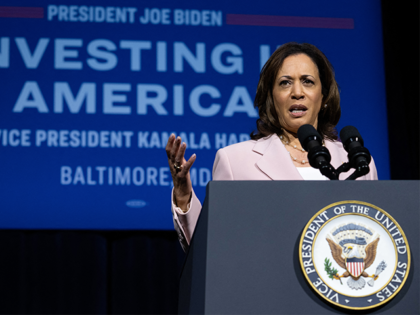
While the well-behaved financial media outlets pinned the sell-off in stocks on Wednesday morning on the unexpected increase rise in core inflation, the severity of the moves in equities and bonds indicates something more is at work.
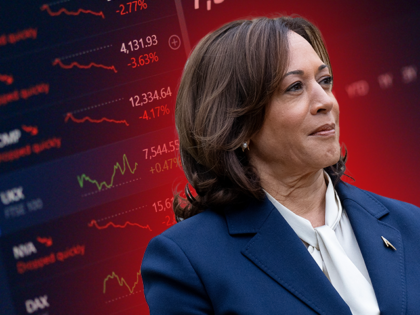
Donald Trump will have a powerful tool at his disposal in his debate with Kamala Harris this week: the lamp of experience.
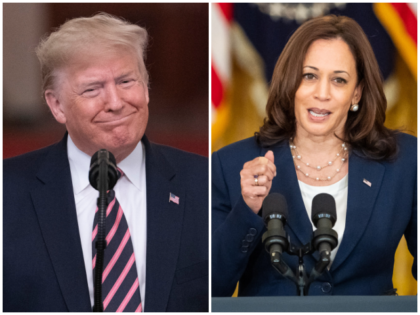
If you squint at the latest jobs report, you might find something to cheer about. But if you look at it with clear eyes, what you really see is an economy downshifting and bracing for impact.
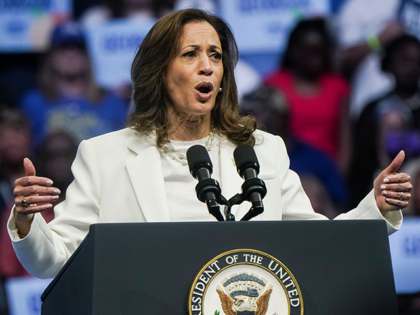
We have arrived on the eve of the most important jobs report in years.
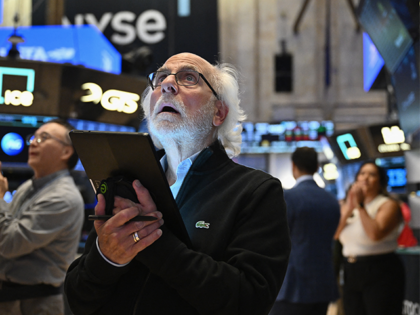
To watch Dollar Tree’s stock plunge is to watch, in real time, the unraveling of the economic mythology which Biden and Harris have been preaching for the past four years.
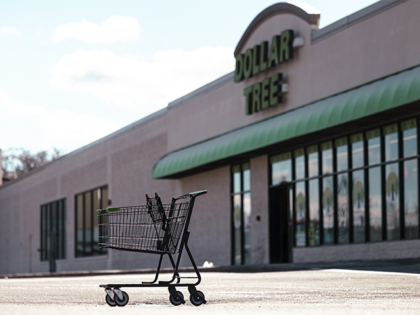
The wheels on the U.S. manufacturing sector are not going around and around. They appear to be coming off altogether.
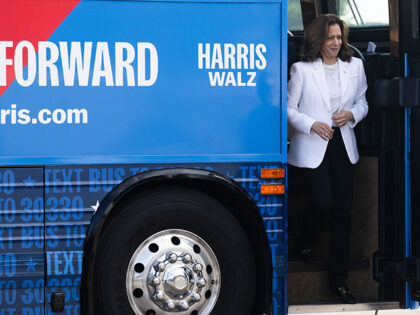
If someone were inventing a curse to fit our immediate economic era, they might put it this way: “May you live in an age of interesting revisions.”

There’s an electorally powerful coalition for American first economic policies from border security and deportation, to tariffs and trade, to energy abundance and independence.
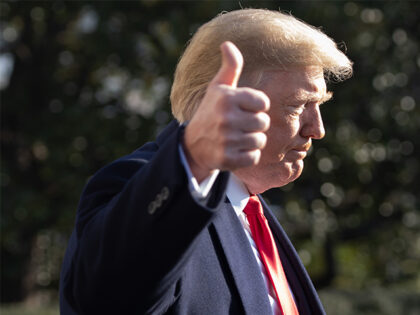
The federal funds futures market is pricing in a cut in each of the remaining three meetings of the Federal Open Market Committee this year.
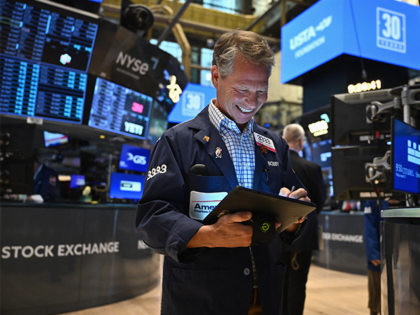
Running on “joy” might not be a winning formula for Democrats in a political environment in which inflation is still the most pressing issue facing voters.
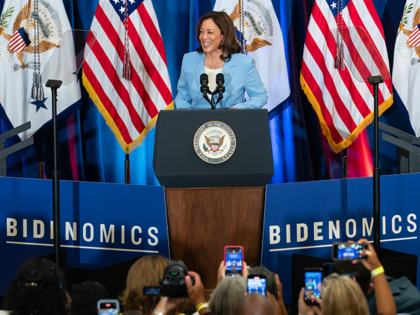
Cutting rates too quickly could lead to a resurgence of inflation, forcing the Fed into a tighter monetary policy stance down the road.

This week’s shockingly large downward revision of jobs suggests that the Biden-Harris economy’s job record is not benefiting Americans as much as it appeared to be because a huge number of the jobs are going to illegal border crossing migrants.

Despite Kamala Harris’s claims, manufacturing employment is shrinking, and the manufacturing sector has been contracting.
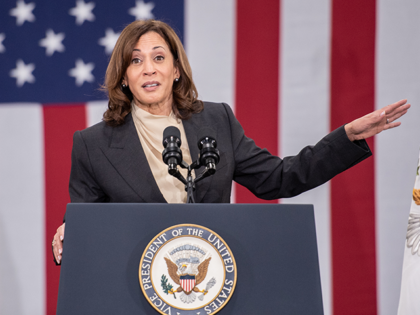
The Biden-Harris administration’s claim to be building prosperity “from the bottom up” is belied by the lagged and building wage effects of their open borders policy.
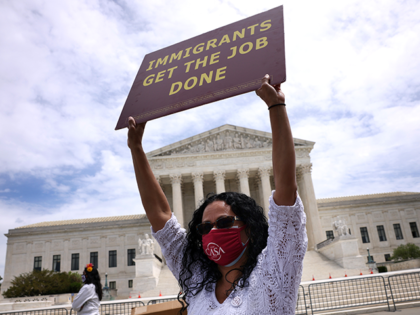
The Biden-Harris administration has controlled the White House for nearly four years, and voters are unlikely to forget Kamala Harris’s role as the chief cheerleader for Biden’s widely disliked economic policies.
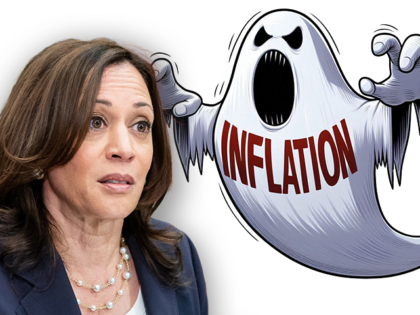
Someone forgot to tell the American consumer that interest rates are supposedly so restrictive that they risk pushing the U.S. economy into a recession.

Just when you thought it was safe to venture back into the grocery stores, food inflation is roaring back.

In a presidential election year, many economic surveys cannot escape the gravity of expectations about the outcome of the presidential election.
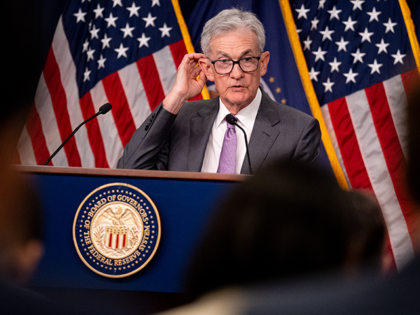
The economists are probably right and the market is probably wrong when it comes to forecasting the Fed’s interest rate policy over the remainder of this year.
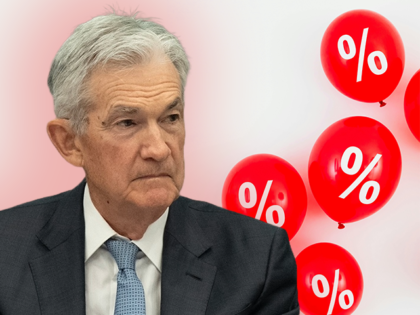
The surge in Democrat optimism about their prospects to retain the White House may come crashing down on the shoals of an economy widely viewed as sick and increasingly seen as veering toward a recession.
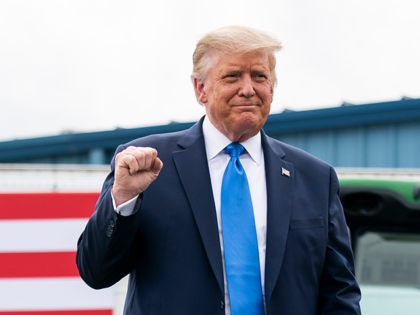
The Kamalanomenon is having a big impact on how people view their economic prospects, but you have to look at the data closely to see it.
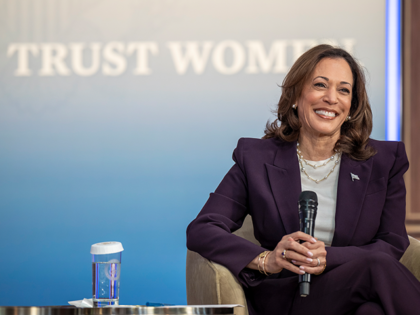
Absent some economic catastrophe, there’s almost no chance of an emergency rate cut in August.
